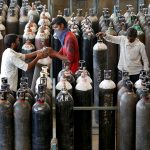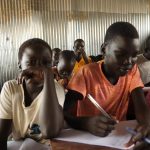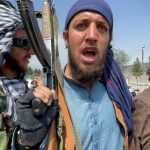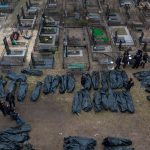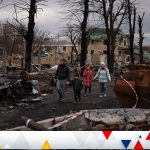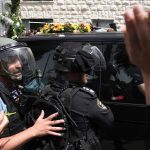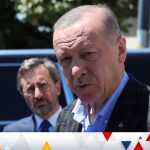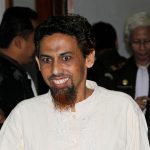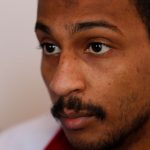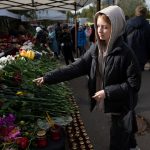Armed confrontation between Taiwan and China is “absolutely not an option”, Taiwan’s president has said.
In her national day speech, Tsai Ing-wen pledged to boost the island’s defences and reiterated her willingness to talk to Beijing.
She said Taiwan was ramping up production of precision missiles and high-performance naval vessels, and working to acquire small, highly mobile weapons that would ensure it’s ready for “external military threats”.
President Tsai said it was “regrettable” that China had escalated its intimidation and threatened peace and stability in the region.
Taiwan has come under increasing pressure from China, especially after war games in early August following a controversial visit by US House Speaker Nancy Pelosi.
Beijing insists that Taiwan – which has a democratic system – is part of China and must be returned to the ‘motherland’.
“I want to make clear to the Beijing authorities that armed confrontation is absolutely not an option for our two sides,” said Taiwan’s president.
UK ‘dragging its heels’ over trade links to forced labour in China – as one survivor prepares to sue trade secretary
Chinese and Russian warships spotted off Alaskan island
US forces ‘would defend Taiwan’ in face of Chinese invasion, Joe Biden says in candid interview
“Only by respecting the commitment of the Taiwanese people to our sovereignty, democracy, and freedom can there be a foundation for resuming constructive interaction across the Taiwan Strait.”
Read more:
Taiwan: In the Line of Fire
US forces ‘would defend Taiwan’ in face of Chinese invasion
Tsai Ing-wen said Taiwan would show the world it is taking responsibility for its own defence, she added.
President Tsai has made strengthening defences a cornerstone of her administration to enable it to mount a more credible deterrence to China – which is ramping up an ambitious modernisation programme of its own military.
China regards Tsai Ing-wen as a separatist and refuses to talk to her.
Her speech comes less than a week before the Communist Party’s congress opens in Beijing, where President Xi Jinping is widely expected to win a third five-year term.


